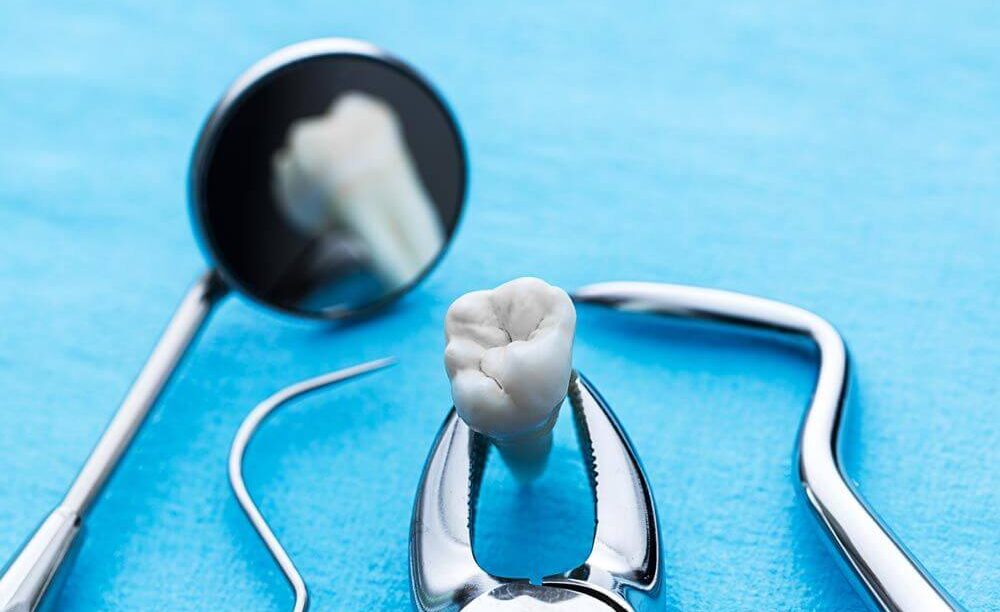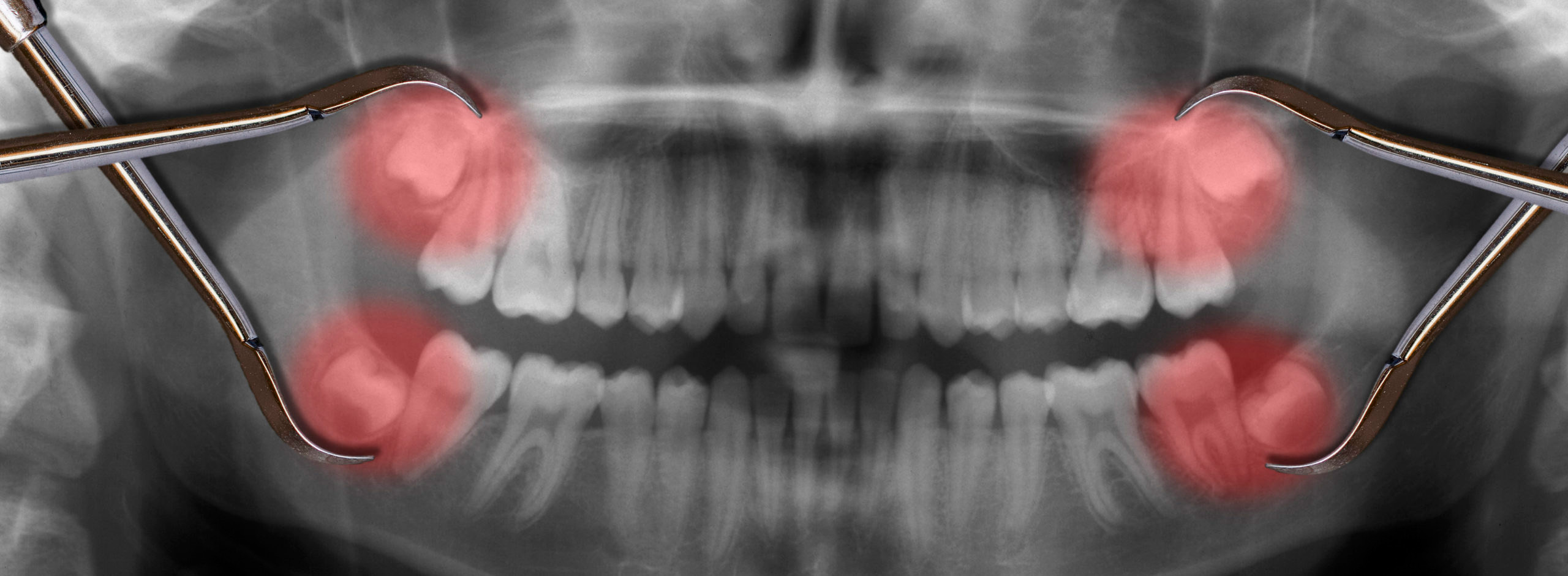What Are Wisdom teeth?
Wisdom teeth are also referred to as third molars. Not everyone will grow in wisdom teeth, but if you do grow them in, it is usually between the ages of 18-25.Wisdom Teeth Fast Facts
- About half of all people grow wisdom teeth.
- Wisdom teeth are also referred to as “third molars”.
- They are called “wisdom teeth”, because they grow in last when you are at your wisest.
How often do people grow wisdom teeth?
Some people may have wisdom teeth, but the teeth will never erupt from below the gum line, or cause any dental issues so it wouldn’t be necessary to remove them.
Summary
About 53% of people grow in wisdom teeth, you might even have wisdom teeth and never even know they were there.

Why Do Wisdom Teeth Get Removed?
The slow pace of physical evolution in our bodies is to be blamed for the inconvenience of possibly having to get your wisdom teeth removed.
If you don’t get your wisdom teeth removed, it could potentially lead to these problems:
- Crooked teeth
- Crowded teeth
- Wisdom teeth growing sideways
- Increased tooth decay
- Jaw pain
- Cysts under the gums and possibly tumors
Summary
We get our wisdom teeth generally due to overcrowding. Our physiological evolution has not had the time to catch up to our modern-day dietary needs.
Impacted Wisdom Teeth Symptoms
Since the effects of impacted wisdom teeth are pretty severe, the symptoms are very noticeable:
- Pain or swelling around the jaw.
- Red, swollen, or bleeding gums.
- Bad breath (halitosis).
- An unpleasant taste in your mouth.
- Problems opening your mouth.

Impacted Wisdom Teeth Risk Factors
Unlike many dental issues, impacted wisdom teeth cannot be prevented as the wisdom teeth are set that way from birth. The dentist may be able to assess your risk of impacted wisdom teeth based on a number of factors. Although, they won’t know for sure until the wisdom teeth are actually ready to come in.
How are impacted wisdom diagnosed?
X-rays are the only way to tell if a wisdom tooth may be growing in the wrong way. If the dental x-rays are showing that there is a possibility of impacted wisdom teeth, the dentist may opt to remove them early if it’s a possibility.

How are impacted wisdom teeth treated?
Since the surgery is often quite intrusive, you will most likely be sedated:
- Local anesthesia to numb your mouth.
- Sedation to relax you and block most pain.
- Deep sedation to make you sleep and not feel anything during the procedure.
Summary
In order to treat wisdom teeth, the patient will be sedated, and the teeth must be surgically removed.
Wisdom teeth – complications
- Infection
- Cavities
- Decay
- Crowding of nearby teeth
- Difficulty flossing
- Damage to other teeth
- Cysts
- Gum disease
Frequently Asked Questions
The cost of extraction will depend on the difficulty of the procedure. A oral surgeon will be more then a dentist, but a dentist can also have varying prices for extraction
It’s considered an emergency once the teeth are showing symptoms. If the patient feels pain or discomfort from them the symptoms won’t go away until they are removed.
Regular dental checkups with x-rays are the only way to see if a wisdom tooth will need extraction.
53% of people on average will grow in their wisdom teeth between the ages of 17 and 25. This subset of people is most at risk.
